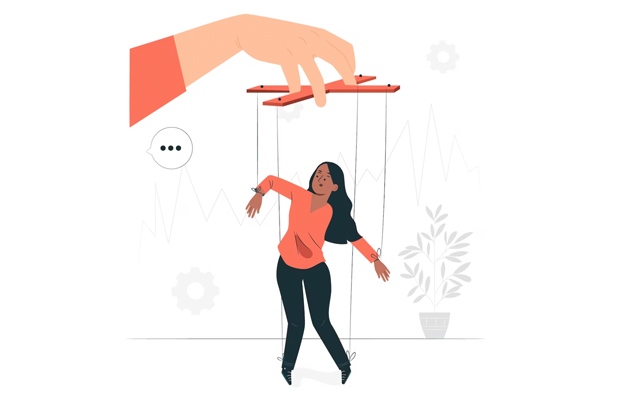What is Emotional Manipulation?
Emotional manipulation is a behavior in which one person uses emotional methods to change the feelings and attitudes of another person in order to influence and control them. Manipulators target people's weak points and try to direct them as they wish. Such manipulative behaviors can negatively affect the victim's self-confidence and self-esteem, relationships and quality of life. Emotional manipulation is a complex process that is often difficult to recognize. However, it is possible to protect oneself from such manipulation and to deal with manipulative people.
What are the Common Characteristics of Manipulative People?
Common traits of manipulative people often include behaviors that are skillful in gaining people's trust and influencing them.
Here are common characteristics of manipulative people:
- Lying and Playing Games: Manipulators often distort the truth, lie and play games. They try to mislead the other person into acting in their own interests.
- Lack of Empathy: Manipulators may find it difficult to understand the feelings of others and may lack empathy. In this way, they can exploit other people's emotional vulnerabilities.
- Emotional Blackmail: Manipulators tend to discover others' emotional vulnerabilities and exploit them. Through emotional blackmail, they try to manipulate the other person as they wish.
- Constant Criticism: By criticizing others, manipulators may try to undermine their self-esteem. Through criticism, they constantly try to humiliate and control their victims.
- Playing the Victim Role: Manipulators seek to gain pity and support from others by constantly portraying themselves as victims. In this way, they try to create people's emotional dependency.
Why Do People Become Manipulative?
There are many different reasons behind manipulative behavior:
- Need for Control: Manipulators may feel the need to control and use manipulative methods to manipulate others.
- Lack of Self-confidence: Manipulators may try to influence others in order to suppress their insecurities.
- Personal Interests: Manipulators may manipulate others for their own self-interest and exhibit these behaviors to gain advantage.
- Emotional Dependency: Manipulators may create emotional dependency in other people, making them dependent on them.
- Past Experiences: Manipulators' past experiences and traumatic experiences may underlie their manipulative behavior.
How Can We Avoid Manipulation?
We can apply the following strategies to protect ourselves from manipulation:
- Develop Emotional Awareness: We need to develop emotional awareness to understand ourselves and our emotional reactions so that we can recognize manipulative behaviors more quickly.
- Setting Boundaries: We need to set boundaries and not allow others to cross them. We must learn to respect our own needs.
- Increasing Self-Confidence: Self-confidence is an effective protection against manipulation. We must strengthen our belief in ourselves and not be afraid to take our own decisions.
- Emotional Distance: It is important to distance ourselves from manipulative people and create healthy boundaries in our relationships. Emotional distance can reduce the impact of manipulation.
- Being Determined: Manipulators can be persistent to achieve their goals. However, by maintaining our resolve, we can develop the ability to resist and not accept what we don't want.
Hashtags
Manipulation emotional controlling empathy criticism
Categories
Actual Other







